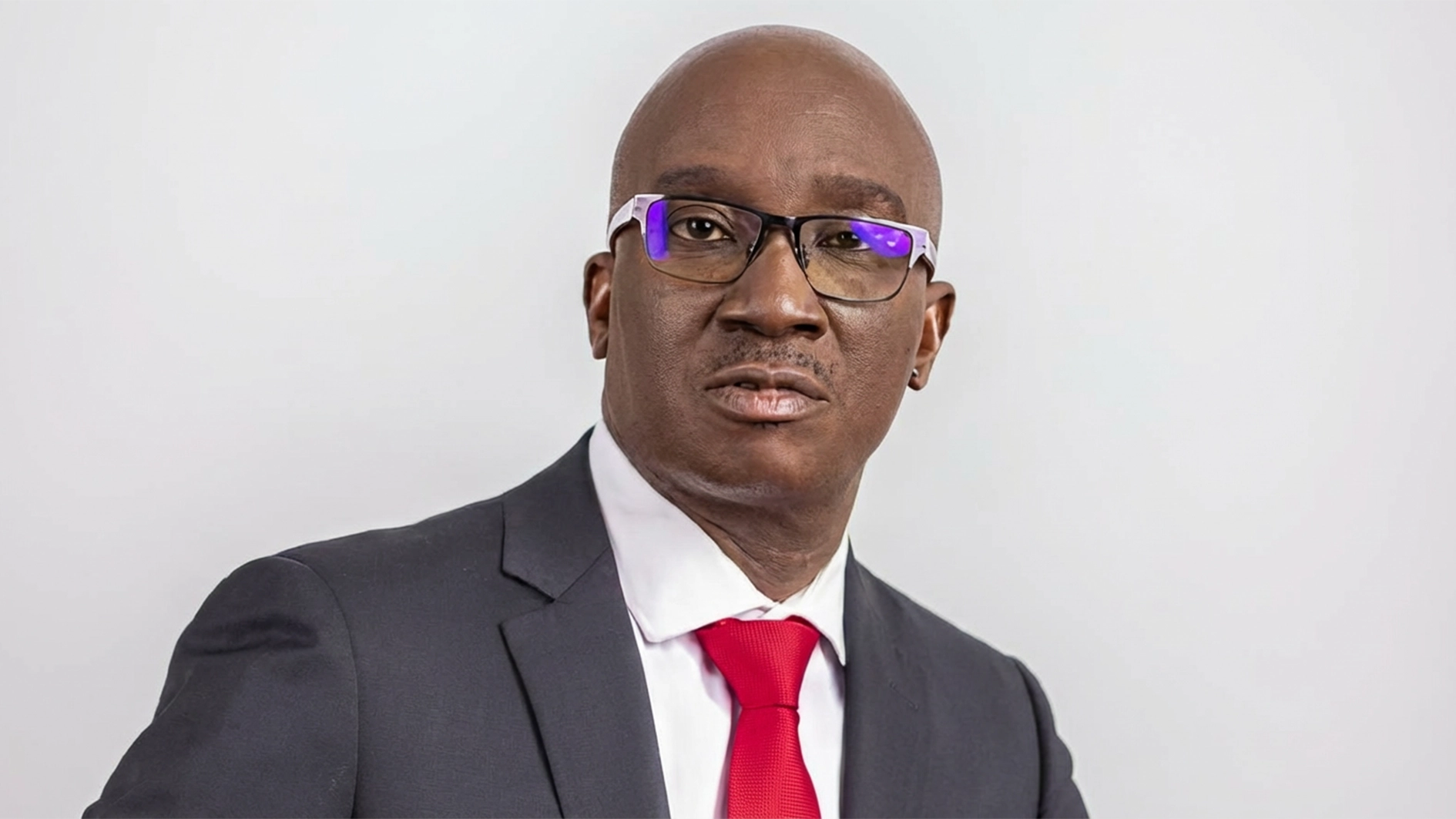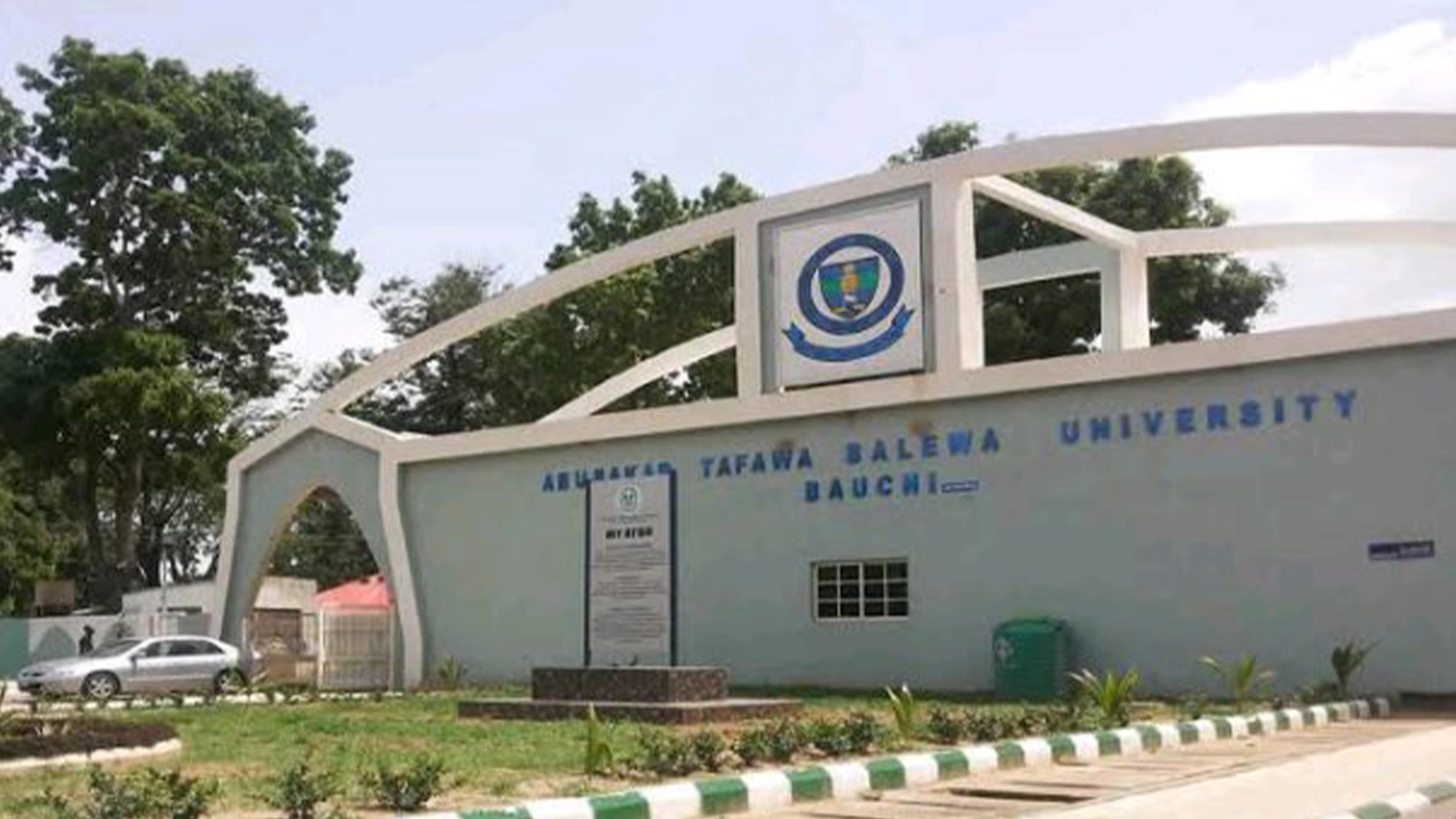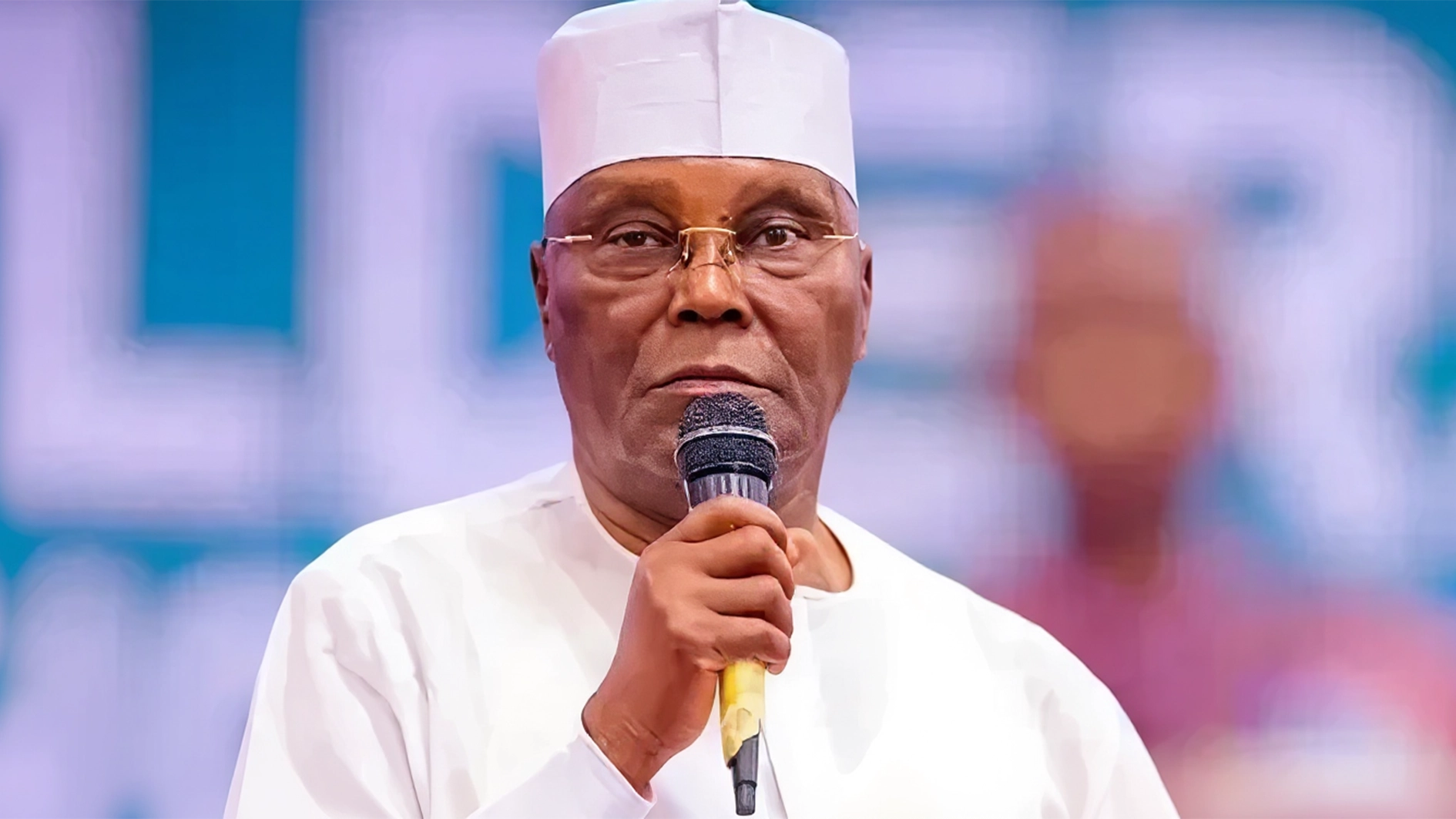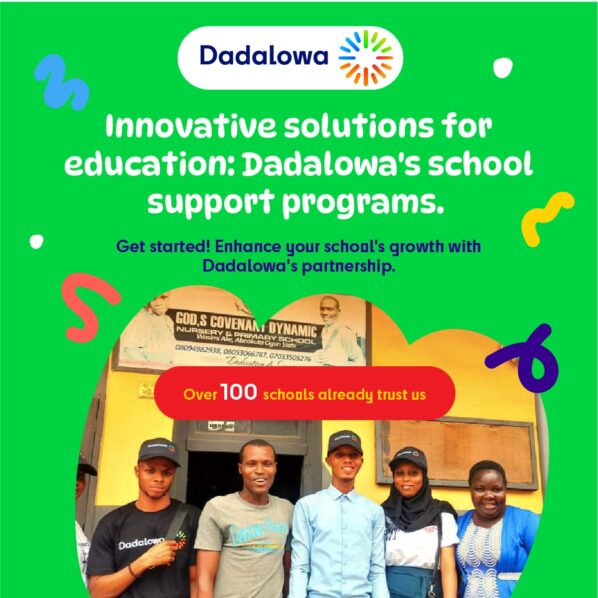
In a country grappling with one of the highest rates of out-of-school children globally, innovative solutions like Dadalowa are providing a lifeline to families and schools. Founded by Segun Jerome, a visionary entrepreneur with over 15 years of experience across the banking, media, education, and technology sectors, Dadalowa is revolutionizing education financing in Nigeria. This edfintech platform is transforming how school fees are paid, offering flexible models that ease the burden on parents while supporting schools’ financial stability. Starting as a small initiative involving just five schools, Dadalowa has expanded rapidly, reaching 120 schools in key Nigerian cities within just two terms.
School Fees for Primary and Secondary Schools: A Growing Challenge
The cost of education remains a significant barrier for millions of Nigerian families. Sub-Saharan Africa, with Nigeria at the forefront, leads the world in education exclusion. Reports from the World Bank and UNESCO reveal staggering statistics: 20% of primary-aged children are out of school, and 60% of those aged 15-17 are not attending secondary school. The primary culprit? High school fees and rigid lump-sum payment models that fail to accommodate the financial realities of low-income families.
According to Segun Jerome, ‘UNESCO gave the value of out-of-school children to be 20 million in this region. The lost value is about $6 billion every year. There are about 166,000 registered primary and secondary schools in Nigeria, with over 50 million kids according to the Federal Ministry of Education report 2021.’
Dadalowa’s solution addresses this gap head-on by introducing micro-payment systems that allow parents to pay in smaller, manageable amounts, significantly reducing dropout rates and keeping children in school.
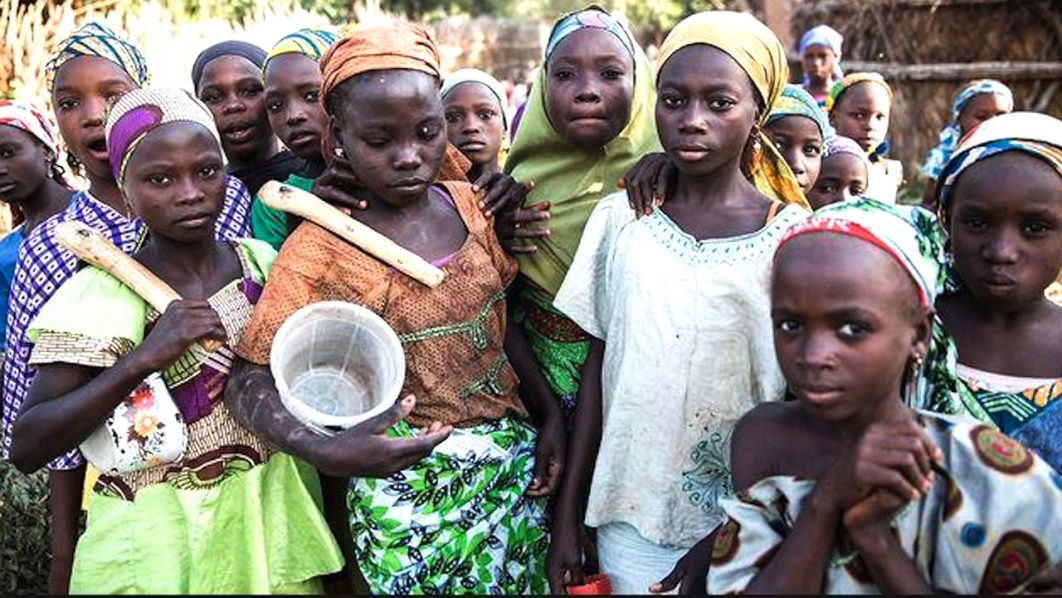
Over 20 Million Out-of-School Children: How High School Fees Are Widening Nigeria’s Education Gap
Nigeria’s education crisis is stark, with about 166,000 registered primary and secondary schools across the country, over 20 million children are out of school and a dropout rate of approximately 20%. The financial implications are just as dire, with annual losses estimated at $6 billion. Dadalowa’s flexible payment model is a game-changer. Parents can contribute to virtual wallets linked to their child’s school, enabling staggered payments without defaulting. This pooled fund system ensures schools receive their money upfront, eliminating the need for high-interest loans that often cripple their budgets.
By targeting the root causes of school fees challenges, Dadalowa is narrowing the education gap, one family at a time.
Nigeria’s Education Crisis: 50% of Students Face School Fee Challenges – Here’s How Some Families Cope
For many Nigerian families, paying school fees is a seasonal struggle. Data from the Federal Ministry of Education highlights that up to half of all students face financial obstacles to continuing their education. With most schools requiring fees upfront, parents with irregular income streams often resort to desperate measures, including taking personal loans or delaying payments until examination periods.
Dadalowa’s micro-payment system offers a sustainable alternative. “We provide micropayment solutions for parents who can’t pay their children’s school fees in lump sums. It is a social trust system that uses thrift to unlock credit access. Parents pool school fees by installments into virtual wallets that Dadalowa creates for them with a partner bank and schools get paid lump sums from this pool.” Segun stated. Through partnerships with banks, the program ensures schools maintain steady cash flow while parents pay fees gradually. This innovative approach has already assisted 800 families and funded the education of 1,300 children, proving its effectiveness in alleviating financial stress. “Since we opened last year, we have helped 800 families into the trust system. School fees of about 1,300 kids have been paid through Dadalowa to about 120 schools in Sango-Otta, Abeokuta, Ijebu Ode, and Ibadan.” Segun Added.
Struggling to Pay: 70% of Low-Income Nigerian Parents Can’t Afford School Fees on Time
The high cost of education isn’t limited to tuition. Transportation, uniforms, and textbooks further strain low-income families. Dadalowa addresses these ancillary expenses as part of its broader mission to make education accessible. By including services like mobility solutions and learning materials, the initiative ensures students receive a holistic educational experience without overburdening their parents.
This comprehensive approach has helped Dadalowa gain the trust of communities, enabling it to expand from 65 schools in its first two terms to over 120 schools across Ogun and Oyo states.
Staggered Learning & High Dropout Rates: The Dire Consequences of Unaffordable School Fees in Nigeria
When parents can’t afford to pay school fees on time, the impact ripples through the education system. Staggered learning schedules disrupt academic progress, and many students drop out entirely, perpetuating cycles of poverty. For schools, delayed payments create cash flow challenges, often leading to costly loans with interest rates exceeding 20%.
Dadalowa’s system mitigates these consequences by providing schools with immediate access to funds through bank partnerships, while parents benefit from manageable payment plans. This dual-benefit model has proven to be a win-win for all stakeholders.
Community-Led Innovations: How Programs like Dadalowa Are Easing Nigeria’s Education Crisis
Founded by Segun Jerome, whose career spans multiple industries, including banking, media, education, and technology, Dadalowa began with a simple idea discussed at a Parent-Teacher Association meeting involving five schools. Its rapid growth—to 65 schools within two terms and now 120 schools—is a testament to the demand for flexible education financing solutions. Jerome, who also founded Playspread, a media intelligence firm serving notable organizations such as the MacArthur Foundation, DFID, and COSON, as well as HCDA, a training institute for business owners and skilled professionals, is using Dadalowa to address one of Sub-Saharan Africa’s most pressing challenges: school dropout rates due to financial barriers.
By leveraging technology and community trust, Dadalowa has become more than just a payment platform. It is a lifeline for families struggling to keep their children in school and a stabilizer for schools navigating financial uncertainty. Parents now have access to installment plans that align with their income cycles, breaking the cycle of delayed payments and educational disruptions.
Conclusion
In a nation where education is both a right and a challenge, Dadalowa is reshaping the narrative. Its innovative micro-payment system has not only kept children in school but also restored hope to families facing financial hardships. With its continued growth and impact, Dadalowa is poised to play a critical role in bridging Nigeria’s education gap, proving that with the right tools, even the most daunting challenges can be overcome. For contact, reach out via [email protected],



